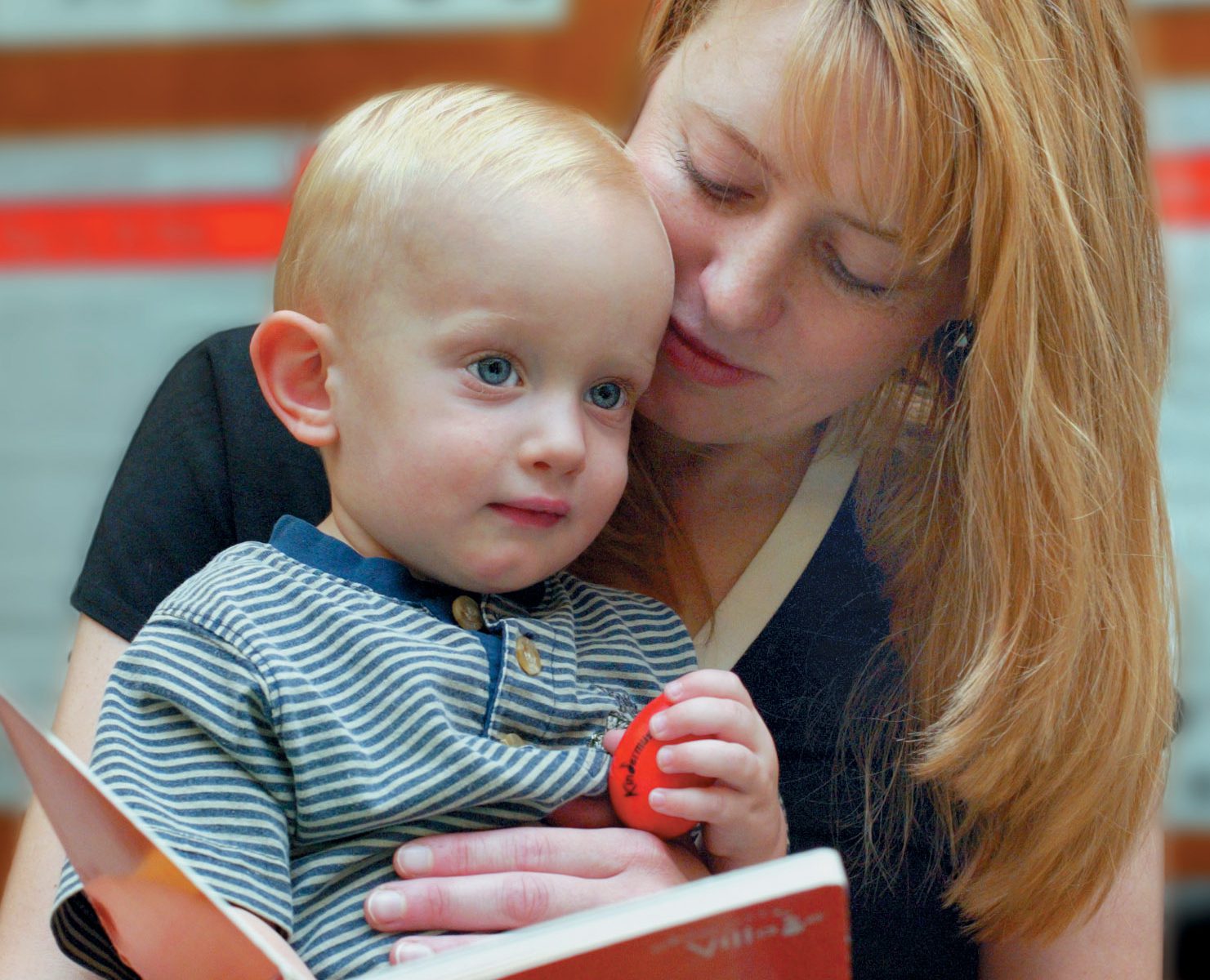 Literacy begins early, with nothing more than simply spending time with a book. Even if your baby puts the book in her mouth while you read, she absorbs the sounds of your words, the action of you turning the page, and the pleasure you derive from reading.
Literacy begins early, with nothing more than simply spending time with a book. Even if your baby puts the book in her mouth while you read, she absorbs the sounds of your words, the action of you turning the page, and the pleasure you derive from reading.
The first time your little one points to a picture in a book, she’s understanding the concept of symbols – the idea that the words and pictures represent objects and ideas. A child’s motivation to learn about and use symbols grows as she realizes that this is how she can make her needs and thoughts known to others.
When it comes to choosing books, recent research shows that children who have been exposed to nursery rhymes and lyrical stories in their younger years become better readers and are more successful in school.
Here are some of our favorite tips for developing good taste in books.
Your baby: Spend time with your baby and an open book. Point to the pictures and talk about what you see. Even if your child doesn’t understand a single word, she’ll absorb your love of books and reading.
Your toddler: Now your child can start adding sound effects when you read together. Choose stories with animals so your toddler can imitate their sounds and movements.
Your preschooler: Your little one is now ready to make up his own stories. He can also use a favorite story as the basis for his own pretend play. Help your preschooler make his own book using a favorite song or family photos. Share this “published” work with the whole family!





